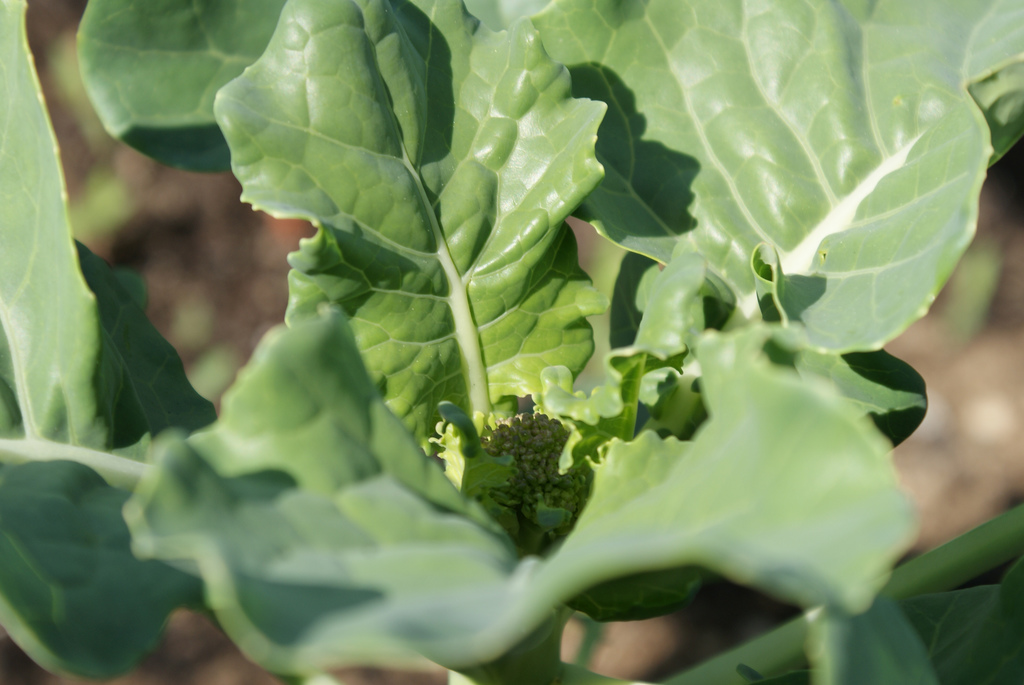 Nutrition:
Nutrition:
Broccoli also contains the carotenoid, lutein. Broccoli is an excellent source of the vitamins K, C, and A, as well as folate and fiber. Broccoli is a very good source of phosphorus, potassium, magnesium and the vitamins B6 and E.
Storage:
Broccoli is very perishable and should be stored, unwashed in an open plastic bag in the refrigerator crisper where it will keep for a week. Broccoli that has been blanched and then frozen can stay up to a year. Leftover cooked broccoli should be placed in tightly covered container and stored in the refrigerator where it will keep for a few days.
AKA:
Calabrese, Italian green
Origin:
The history of this vegetable only dates back to the 1920’s in the U.S. and its cultivation originated in Italy.
Cooking tips:
Broccoli is a very versatile vegetable that can be steamed, pureed, stir fried or simply eaten raw.
When cooking broccoli, however, the stems and florets should be prepared differently. Since the fibrous stems take longer to cook, they can be prepared separately for a few minutes before adding the florets. For quicker cooking, make lengthwise slits in the stems. While people do not generally eat the leaves, they are perfectly edible and contain concentrated amounts of nutrients.
Sprinkle lemon juice and sesame seeds over lightly steamed broccoli.
Toss pasta with olive oil, pine nuts and healthy sautéed broccoli florets. Add salt and pepper to taste.
Purée cooked broccoli and cauliflower, then combine with seasonings of your choice to make a simple, yet delicious, soup.
Add broccoli florets and chopped stalks to omelets.
Substitutions:
Broccoli raab (bitter) OR Broccoflower OR cauliflower
Equivalents:
1 lb = 2 cups florets = 1 bunch = 3 cups cooked, chopped = 10 oz frozen = 1.5 cups raw, chopped
